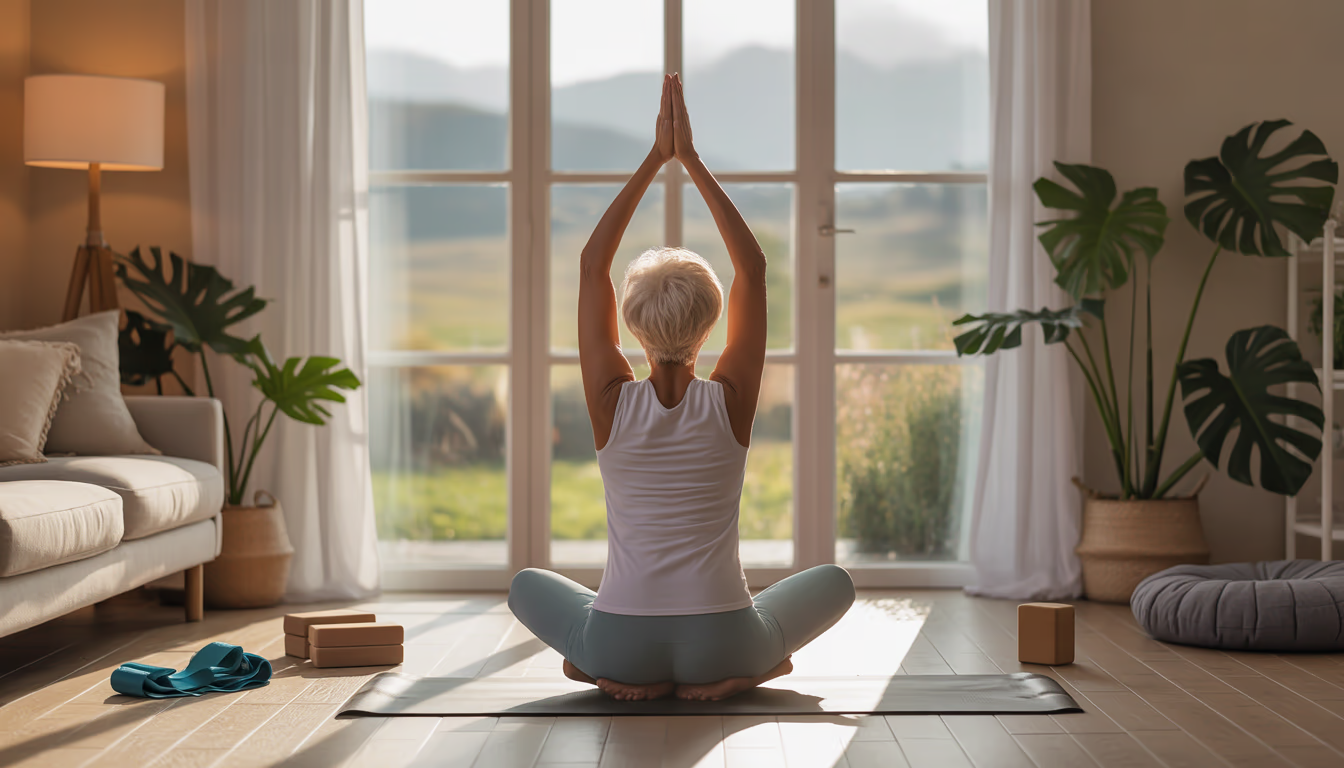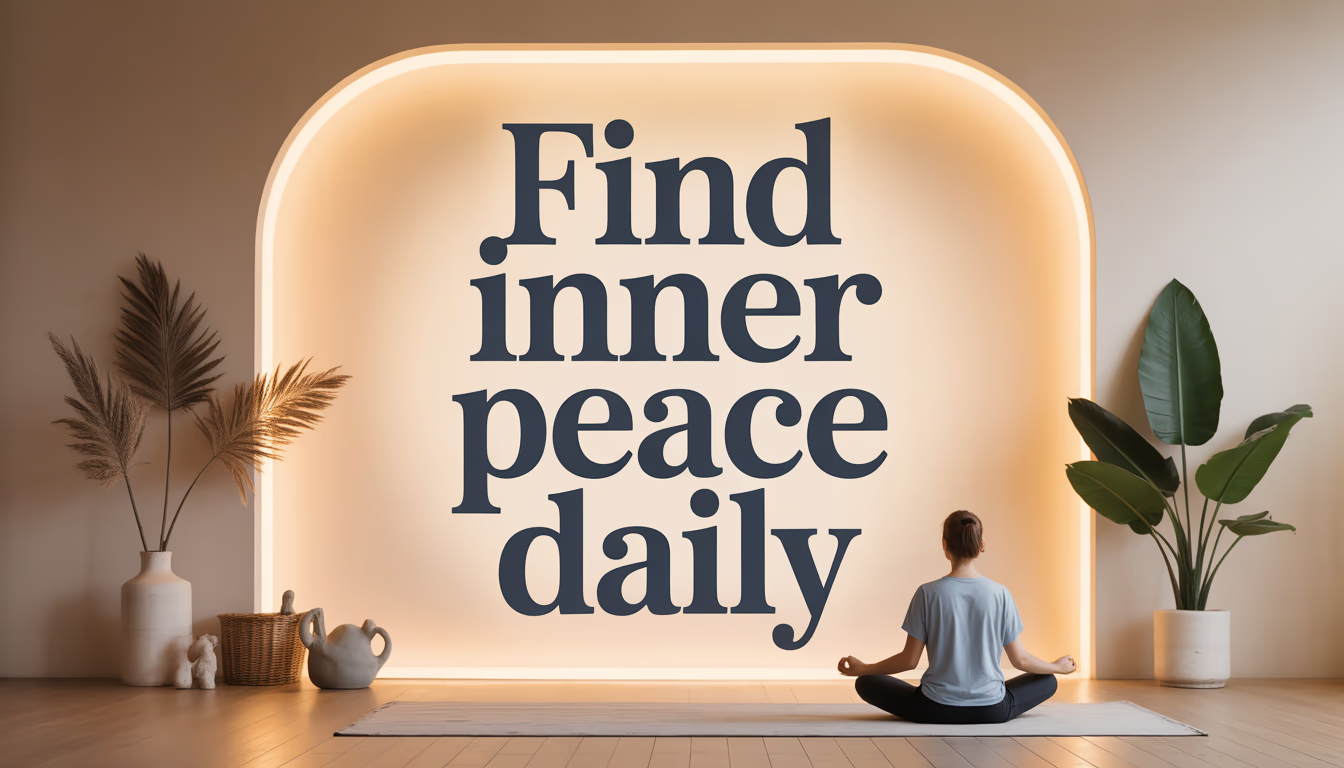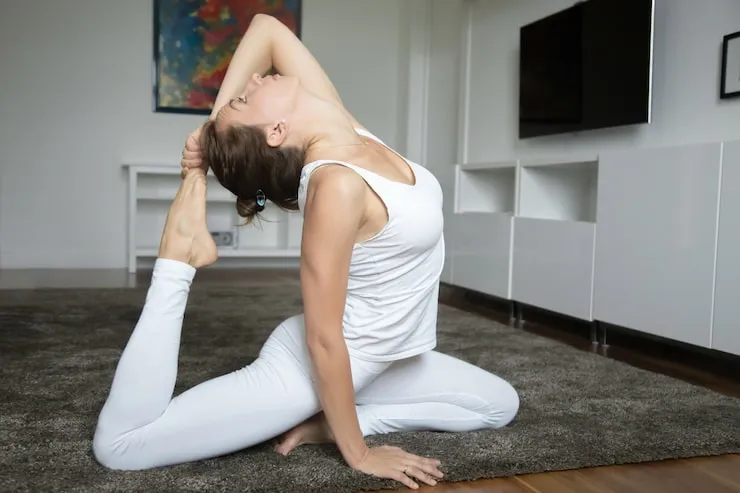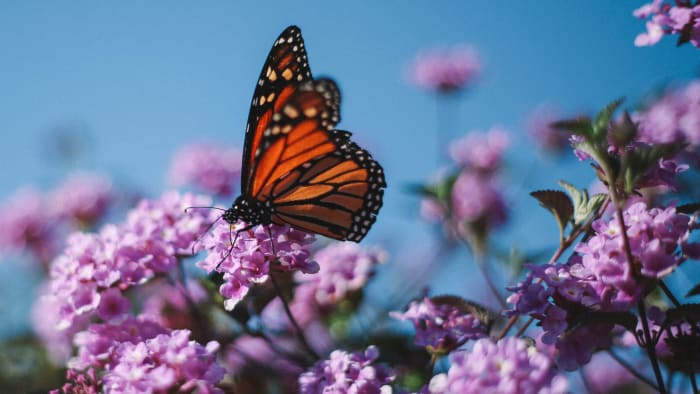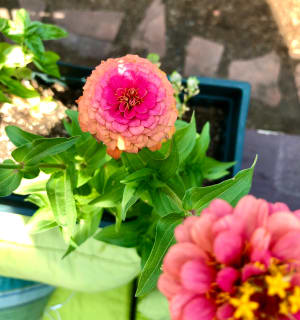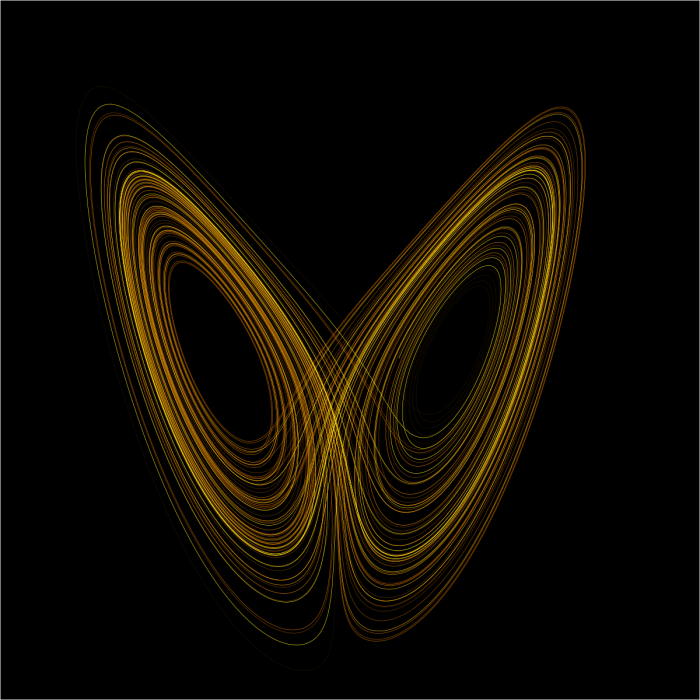It’s easy to feel helpless and insignificant during the best of times. These are not those times.
2020 is unrecognizable from 2019. We are afraid of strangers and crowds for new, potentially deadly reasons. We are untethered from our comforting routines. We are frightened by the very real loss of our livelihood, our health, and our loved ones.
Every day, we wonder, when will the pandemic end? Every day, we struggle to make plans and envision a future. We are wayfinding with the only resources we have: intuition and discernment. There is no other way to move forward, when it feels like no one is coming to save us.
And yet...
In May, I planted four sheets of seed paper that I got from a local restaurant, in a flower box on my deck. I watched with delight as four green sprouts emerged. One of those sprouts transformed into a magnificent ombre wildflower. I’ve watched this little seed bloom into its full expression of being and provide nourishment for life in my little neighborhood. One giant monarch butterfly visits regularly. Hummingbirds and bees drop by to feast on its nectar. This small, unremarkable act of planting a seed has significantly impacted the living creatures that surround me.
The Butterfly Effect
My butterfly visitor got me thinking about the Butterfly Effect, a theory associated with Edward Lorenz, an American mathematician and meteorologist who studied numerical weather prediction in the 1950s. Essentially, in his Chaos Theory, he proposes that something exceedingly small can have non-linear effects on a complex system. For example, the beating of a butterfly’s wings in Brazil can cause a hurricane in the Caribbean.
However, the Butterfly Effect does not mean there is a direct cause and effect... because then butterflies would be gods. Instead, the theory, as a non-scientist like me understands it, is that small changes in big, sensitive systems can have complex results. These tiny changes are seemingly unpredictable, but Chaos Theory proposes that they actually aren’t. In fact, when you graph out chaos (do not ask me how the hell you do that), it looks like two butterfly wings. And that’s where the name “The Butterfly Effect” actually comes from.
All of this is to say that:
- You are not insignificant. Your existence has tremendous meaning and influence.
- There can be order in chaos, but you often can’t see the big picture from where you’re standing.
Small Acts Save Lives
Your smallest acts of compassion, like reaching out to a strange to see if they are ok, can have implications you can’t even begin to understand. The CDC reported recently that 40 percent of U.S. adults are struggling with mental health and substance abuse due to the pandemic, and 11 percent of those have seriously considered suicide. That’s over 36 million people, more than double the rate in 2018. We are hurting as a nation.
Mental health activist Kevin Hines (who threw himself off the Golden Gate Bridge in 2000 but survived) has spoken extensively about how even reaching out to ask a stranger if they are okay can save their life. He describes the day he decided to jump: he took the bus to the bridge, in tears, and then stood on the edge of the railing visibly distraught waiting for someone to ask him if he needed help. Nobody ever did. And he jumped.
Today, It’s difficult to smile through a mask or to hold someone’s hand when they’re scared. But, we can still show up with compassion for this frightened, grieving world.
Wearing a mask is another small act of compassion with potentially big consequences. Humanity is one interdependent system, so in our globalized world, it’s easy to grasp how not wearing one could set off a chain of events causing someone to get COVID-19 in Australia, let alone in your community.
Self-Care is a Springboard to Compassion
We can’t care for others until we care for ourselves. So, it’s important to be gentle and kind to yourself during these unprecedented times. I’ve had to switch up quite a few habits and routines in order to cope with overwhelming grief and uncertainty. Here’s what I’ve been doing for self-care:
Sleep
In order to get eight hours of sleep a night, I do a few things (almost) every day: meditate, spend time outside, drink a lot of water, get aerobic exercise at least three times a week, and supplement. I take 500mg of magnesium every night before bed and a dropper of my favorite CBD oil. Right now, my favorite is Easy Now from Radio. It works like a charm every night and tastes great.
See also 8 Poses to Sleep Better Tonight
Avoid Alcohol
I quit drinking in March. I found that even a glass or two of wine the night before would impact my mood the next day, bringing me way down. My body and mind just can’t handle an extra depressant right now. Listen to your body and find out what it needs to feel good. You are your own parent and greatest advocate.
Morning Ritual
Most mornings (I’m not perfect after all), I do these four things: meditate, repeat affirmations, journal, and walk the dog. The components of this “daily retreat” came from my coach, Tara-Nicholle Nelson. I am grateful for the stability of this ritual, especially since I’ve become unmoored from my Kundalini Yoga practice, as our community tries to heal from trauma and pain caused by Yogi Bhajan.
So, establish a little retreat in the corner of your bedroom or living room, and just sit there every day. Sometimes, I just breathe in two words: “I” on the inhale, and “am” on the exhale, so that I can ground myself in the current moment, where I am safe.
Don't know where to start? Try Nicole Cardoza's Guided Meditation for Anxiety below.
Affirmations can be very personal, but if you don’t know where to start, I recommend this one from Louise Hay: I love and approve of myself. Say it out loud like a prayer.
Next, I journal. I simply free-write for 10 minutes or I pick a prompt from one of many self-development books I’m reading. This is the time to write out any worries or fears. Get the drama out of your head and onto the page.
See also Looking for Journaling Inspiration? These 11 Prompts Can Transform Your Writing Practice
Finally, I take a walk with my dog. Getting outside in nature is so important to your wellbeing. I listen to uplifting music or a podcast, and take in the trees and the flowers around me. The sun still shines. I am grateful for that. I "smize" (smiling with your eyes as supermodel Tyra Banks describes it) at strangers, dogs, and bunnies.
There are a lot of homeless people in my community, so I make eye contact and acknowledge them when I can. My dog, Maple, acts as a compassionate delegate, delivering daily sweetness to others in need.
See also The Intention-Activating Power of a Daily Ritual
Remember: Contraction Leads to Expansion
It’s so hard right now. Our brains are not designed to process this level of uncertainty and danger without triggering our sympathetic nervous system (fight, flight, or freeze mode). But, remember, this too shall pass. My coach Tara often talks about the contraction that comes before expansion, much like the diaphragm contracts and expands with our breath. It contracts on the inhalation and expands and finds space on the exhalation. Life might seem small, restrictive, and repressive right now, but 2020 is a time of accelerated, global change. In order for this complex system of humanity to survive, we have to adapt, and we have to take care of each other. Plant seeds of love and compassion now. And let’s watch them bloom together.

